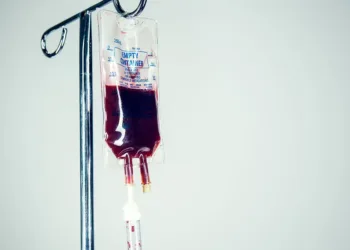You have probably heard about Obsessive Compulsive Disorder (OCD) and might be wondering what it’s all about and how to identify people with it.
Obsessive Compulsive disorder is a disorder that causes recurrent nervousness, anxiety, ideas or actions and makes people do things compulsively. They are unaware of their actions. It is like a drive that surges through them. It could be excessive cleaning, washing, arranging or harmful thoughts.
People with OCD gets sad when they are unable to carry out these recurrent behaviour. They can’t control it rather it controls them; their minds, thoughts and actions.
5 WAYS TO IDENTIFY PEOPLE WITH OBSESSIVE COMPULSIVE DISORDER
The symptoms of Obsessive Compulsive can can either be obsession symptoms or compulsive symptoms, or can be both. When a person has both, it shows extremism and a therapy session is needed because there are tendencies of depression associated with people who have obsessive compulsive Disorder.
They are identified through :
Afraid of contamination or germs
People with OCD are so keen about their cleanliness and health. They so much detest dirt and are afraid of being contaminated or infected. They have zero tolerance for dirty people or things and might be in distress if not allowed to clean or wash. A person with OCD can wash his/her hands repeatedly at regular interval and won’t see it as anything even if it causes blisters or sores. They always ensure there is no sprinkle of dirt around them.
The need for things to be arranged or in order
They are stressed out if things are not properly arranged the way they want. Taking for instance, a person with OCD might leave a book on the bed and when he/she returns and doesn’t find the book the exact position they left it might be angry. They are very arranged and loves to have their things kept in the exact chronological way they left it.
There is level of uncertainty or doubt in them
People with OCD have a doubtful mind and always ensures to confirm things by themselves. They have doubts such as; if you have turned off the television or switched off the gas cylinder or locked the door.
Hoarding
They find it very hard to do away with unwanted products. They hold onto it and won’t agree to dispose of it.
Fear of hurting people or themselves –
Those with OCD have bouts of depression and if extreme might affect their mental health, making them have thoughts of hurting themselves or others.
People with OCD should endeavor to see a doctor preferably a psychiatrist for a therapy session to avoid extremism.









